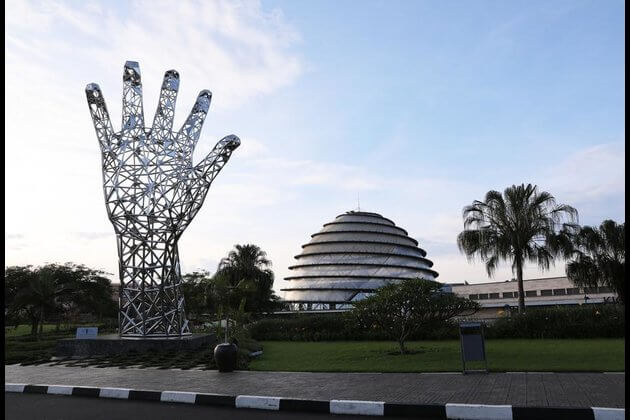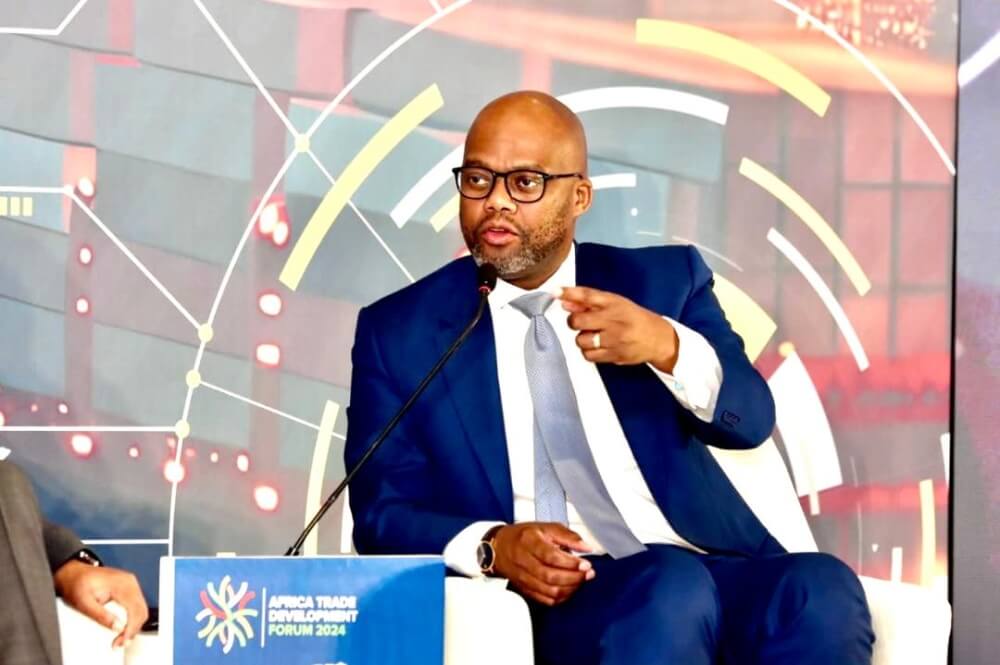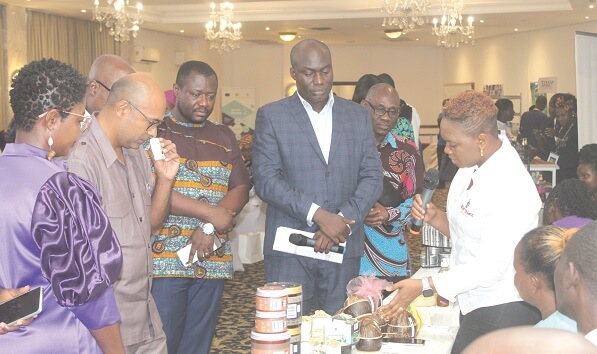Le Secrétariat de la Communauté de l'Afrique de l'Est (CAE) a lancé la plateforme centralisée du Territoire douanier unique (TCD), un outil conçu pour faciliter l'échange transparent de données douanières et commerciales en temps réel entre les autorités douanières et portuaires des États partenaires interconnectés. L'inauguration a eu lieu au siège du secrétariat de la CAE à Arusha, en Tanzanie, et coïncide avec la célébration de la Journée internationale des douanes, dont le thème est « La douane respecte son engagement en faveur de l'efficacité, de la sécurité et de la prospérité ». La secrétaire générale de la CAE, S.E. Veronica Nduva, qui a présidé au lancement, a souligné l'importance de la plateforme pour faire progresser l'intégration régionale et stimuler le commerce : « Le territoire douanier unique a été créé en 2014 pour simplifier, automatiser et accélérer le mouvement des marchandises à travers la CAE. La plateforme centralisée est un élément clé du cadre du territoire douanier unique. Grâce au partage en temps réel des informations douanières, cette plateforme permet de relever des défis tels que les retards de dédouanement, les barrières non tarifaires, les coûts de transaction élevés et les inefficacités dans le commerce transfrontalier », a-t-elle déclaré. Mise en œuvre initialement en 2017, la plateforme a évolué pour prendre en charge les transactions liées au commerce intrarégional, aux exportations vers les marchés mondiaux, aux marchandises en transit et à la délivrance de certificats d'origine. En 2023, la plateforme a été mise à jour pour inclure le commerce...
La CAE dévoile la plateforme du « Territoire douanier unique » pour l’échange de données douanières et portuaires visant à faciliter le commerce.
Posted on: January 30, 2025
Posted on: January 30, 2025
























